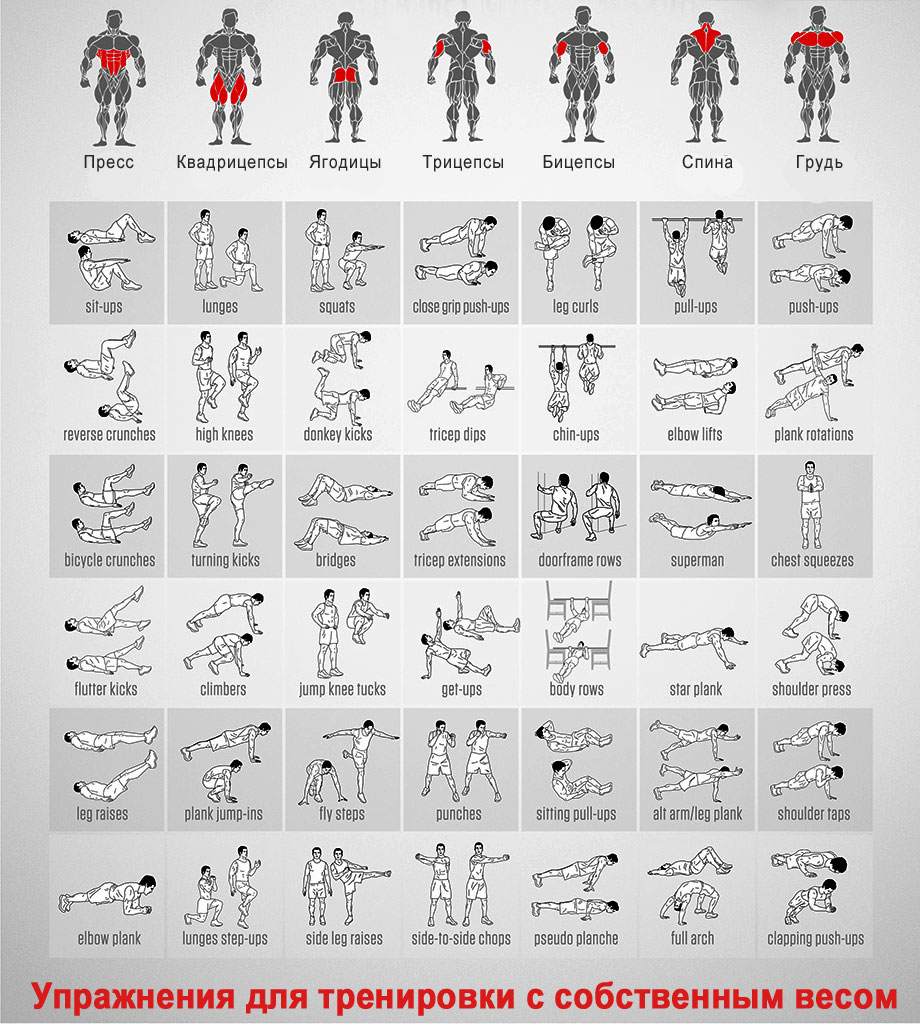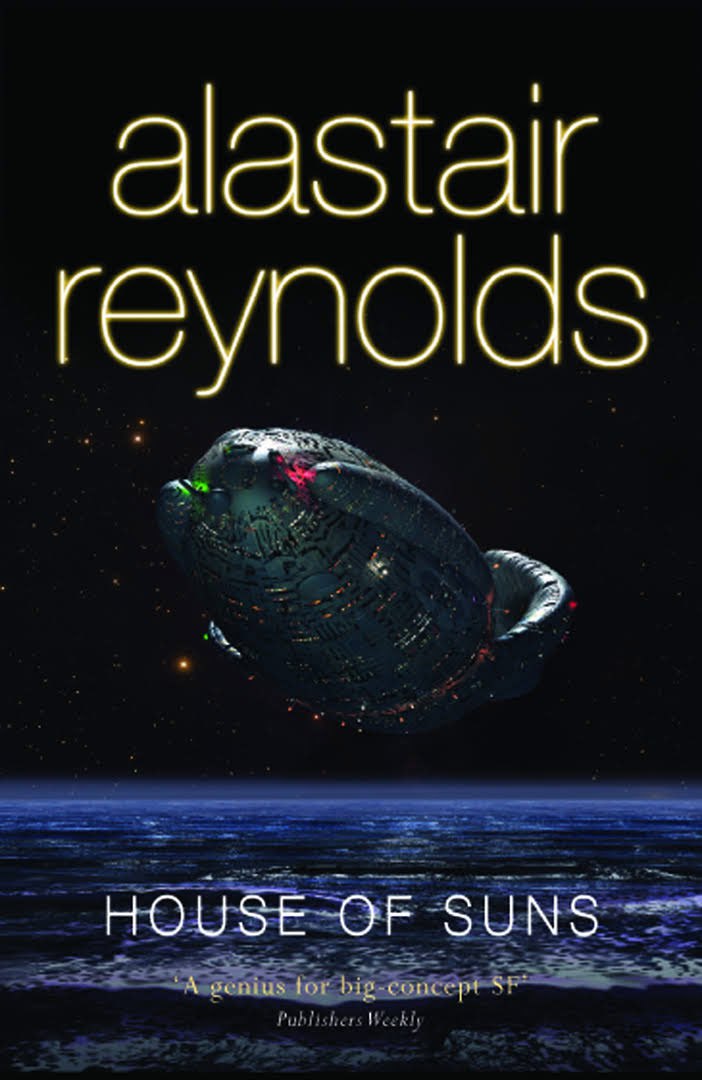Sun Mar 01 12:19:18 AM +0800 2026 #189 ✎

why

why

#whois
Programming is now automatic, vision is not (yet). https://antirez.com/news/159


Покажет он, перезвонит через 10 минут, лол

bodyweight


Иногда хочется написать что-то по-русски. Не по-дневниковому, а публично. Если в задаче много неясного, и ощущается она как заплыв в вязком и теплом гу, то важно просто находиться в контакте с задачей, постепенно, итерациями работать, находить что-то небольшое и доступное, быть со всеми своими чувствами, в том числе с бессилием и неуверенностью. Находить и делать. Отходить в сторону, настраивать оптику, и возвращаться. Настоящая творческая работа.
Intensifies
Corrected Version: "I am on a white horse doing maintenance on the NASA rover in the deserts of Nevada. The Las Vegas sign stands nearby. $0.04" Qwen3.5-Plus


Me on a white horse doing maintenance of the NASA rover in a deserts of Nevada. Las Vegas sign stands nearby. bytedance-seed/seedream-4.5 0.04$

Picture a horse on Mars doing maintenance of the martian NASA rover.







Your cue: "Don't go hard and ahead of the plan. Keep it easy." — Write it on your mirror.



Сергей Другаль Тигр проводит вас до гаража Рассказ, 1977 год; цикл «Институт Реставрации Природы»


